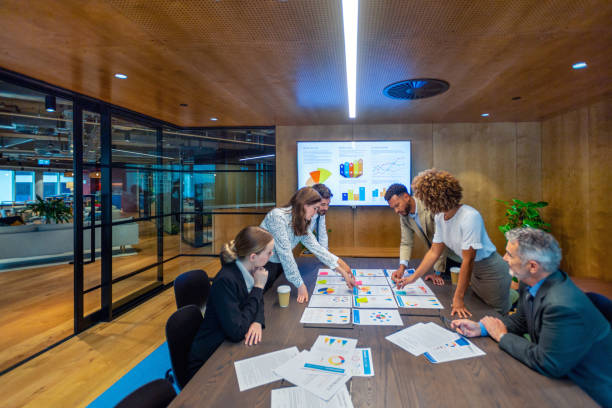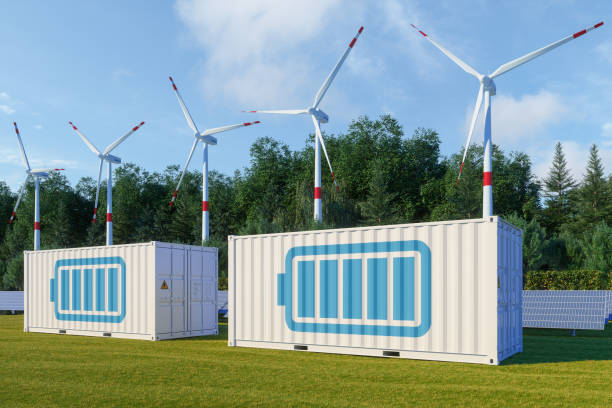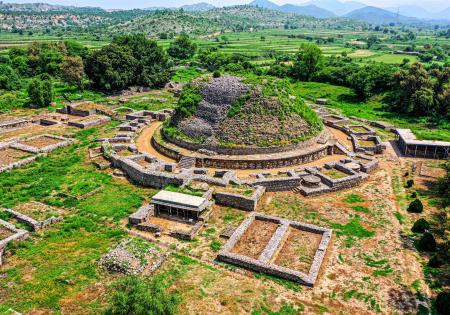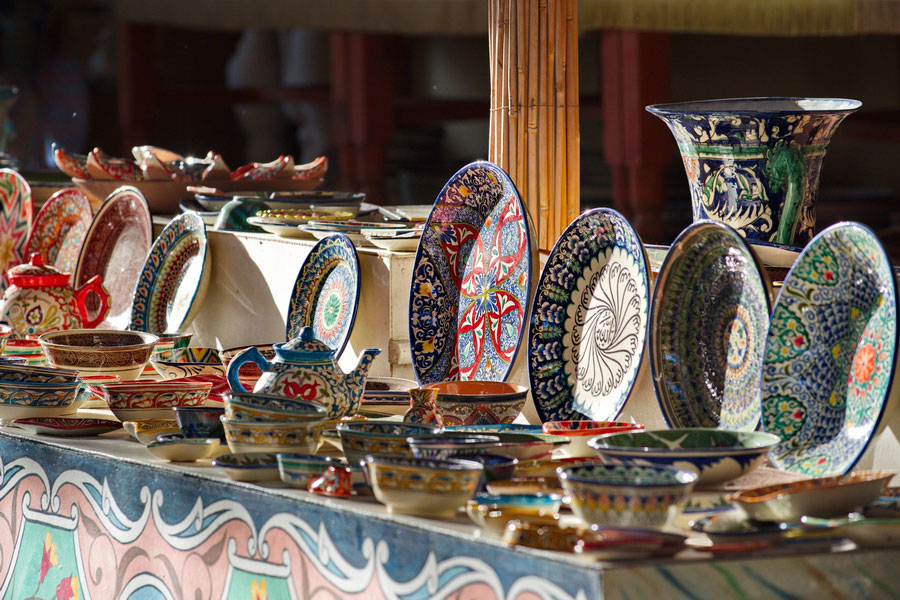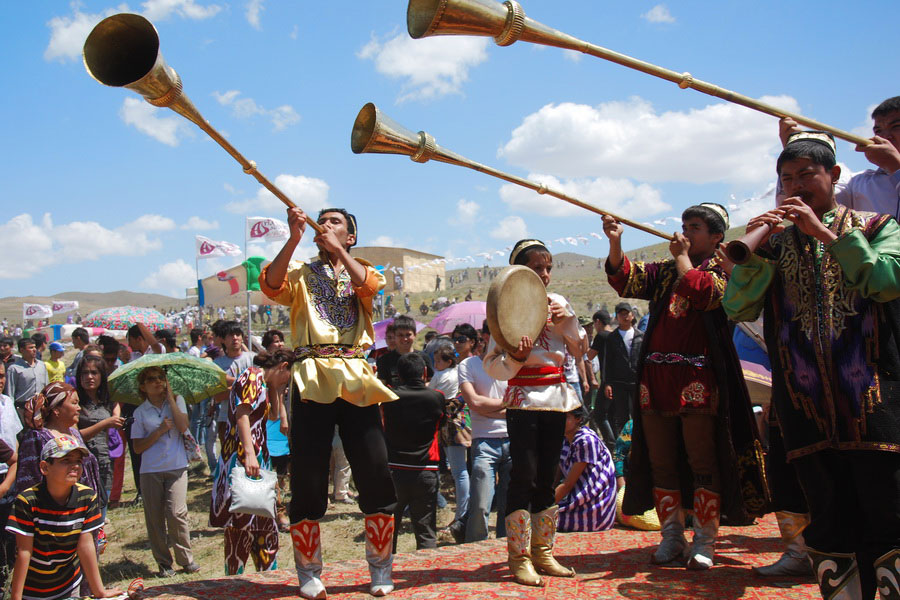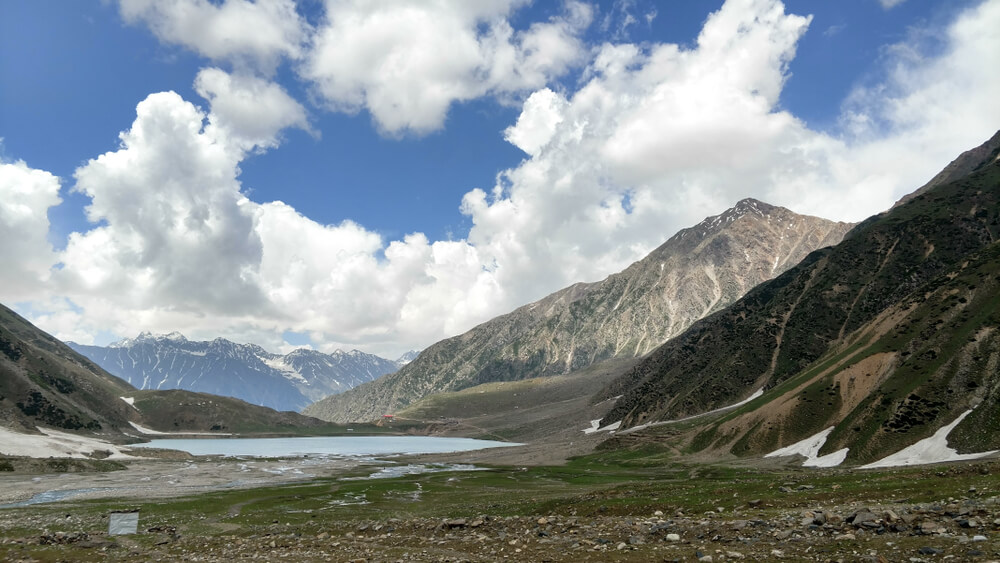Areas Of Work Objectives
Promote Trade
-
Identify and address trade barriers:
-
Facilitate trade liberalization:
-
Enhance trade facilitation:
-
Foster business cooperation:
Collaborate with member countries to identify and address trade barriers, such as tariffs, non-tariff barriers, and regulatory obstacles.
Promote the reduction of trade barriers and the implementation of free trade agreements among member countries.
Streamline customs procedures, simplify documentation requirements, and promote efficient logistics and transportation networks to facilitate smooth trade flows.
Encourage networking, business partnerships, and joint ventures among enterprises in Eurasian countries to expand trade opportunities.
Foster Environmental Sustainability
-
Promote sustainable practices:
-
Support renewable energy development:
-
Encourage eco-tourism:
Encourage businesses and industries in the region to adopt environmentally friendly practices, such as reducing carbon emissions, conserving resources, and implementing waste management strategies.
Facilitate the adoption and promotion of renewable energy sources, such as solar, wind, and hydroelectric power, to reduce reliance on fossil fuels.
Promote sustainable tourism practices that minimize negative environmental impacts, protect natural habitats, and educate tourists about conservation efforts.
Preserve Cultural Heritage
-
Protect historical sites and monuments:
-
Promote traditional arts and crafts:
-
Organize cultural events and festivals:
Collaborate with member countries to preserve and restore historical sites, monuments, and cultural landmarks that hold significance for the Eurasian region.
Support and promote traditional arts, crafts, and cultural expressions to preserve cultural diversity and heritage.
Facilitate the organization of cultural events and festivals that showcase the rich cultural heritage of Eurasian countries and encourage cultural exchange among member nations.
Enhance Tourism Development
-
Joint marketing and promotion:
-
Improve tourism infrastructure:
-
Share best practices:
Develop joint marketing campaigns to increase awareness of the diverse tourism offerings in the Eurasian region and attract international tourists.
Collaborate on improving tourism infrastructure, including transportation networks, accommodation facilities, and tourist attractions, to enhance the overall visitor experience.
Facilitate the sharing of best practices and knowledge among member countries to enhance the quality and competitiveness of the tourism sector.

